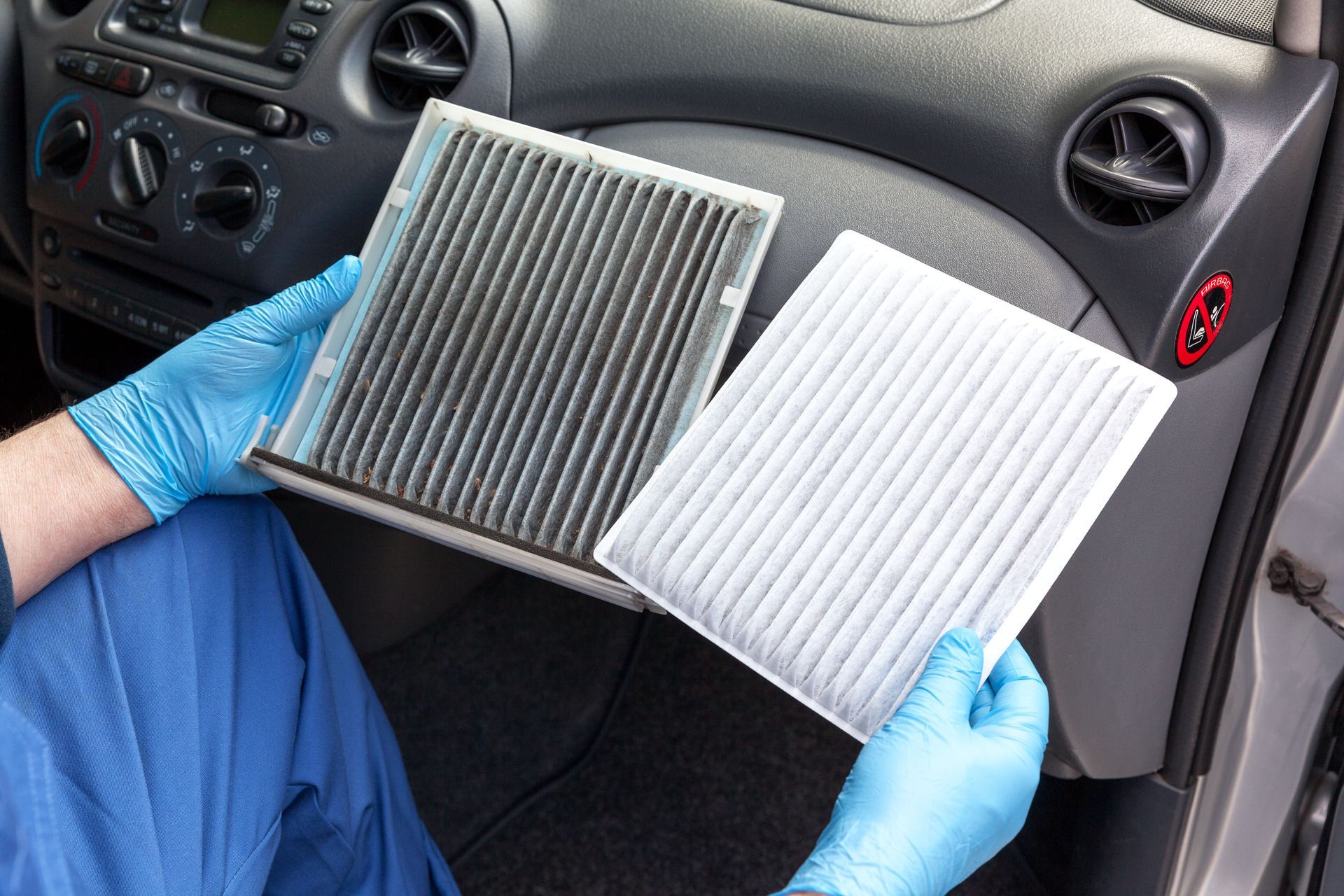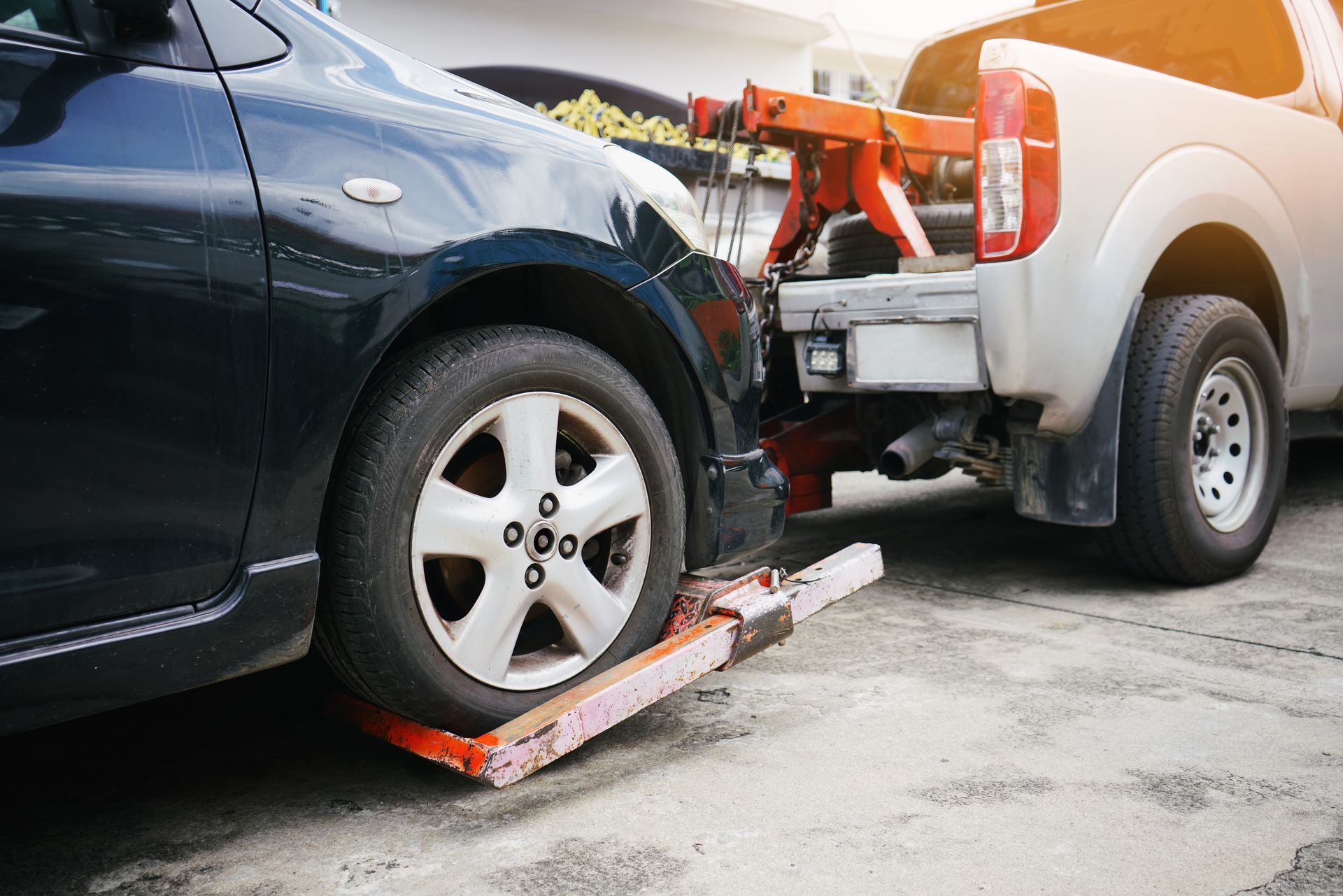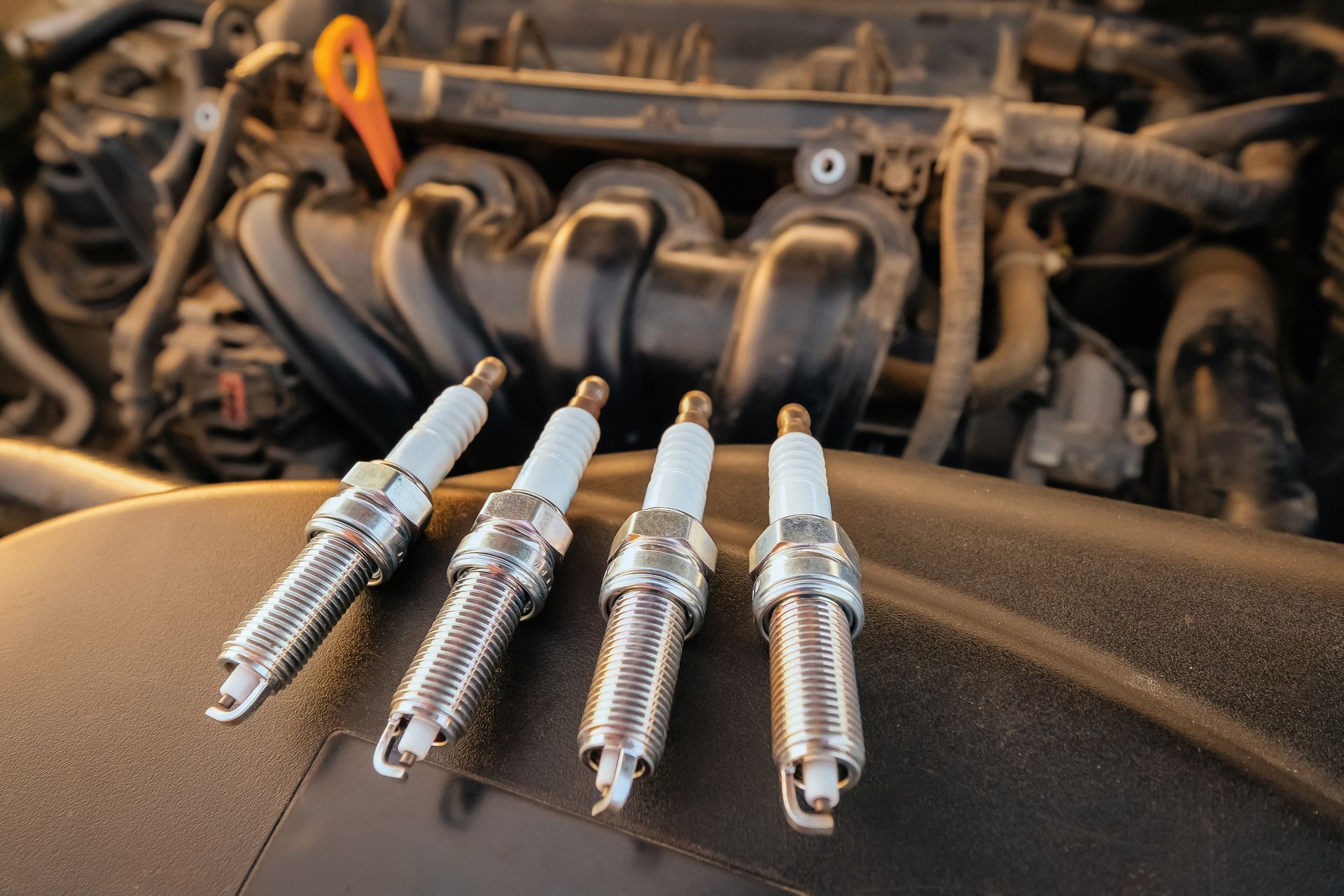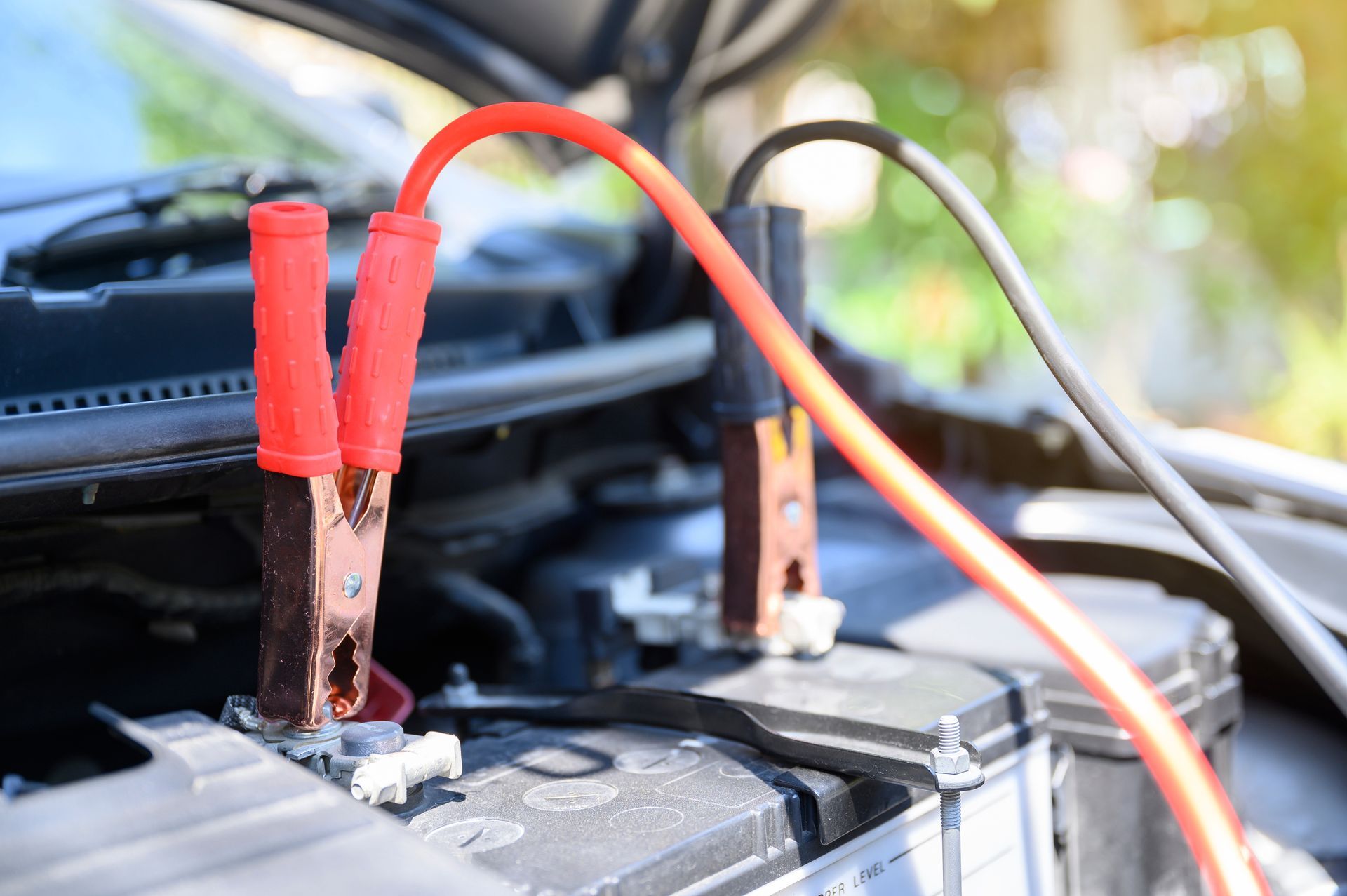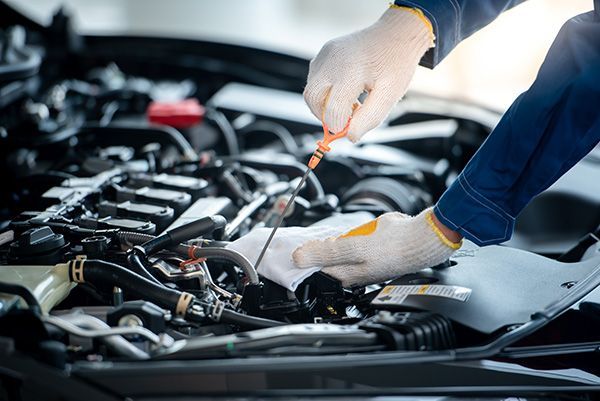Your brakes are your car’s most important safety feature, but how often should you have them inspected? It's a common question for many drivers, and the answer isn’t as straightforward as you might think. It depends on a variety of factors, including your driving habits and the type of roads you typically travel on. Let’s discuss when and why you should make brake inspections a regular part of your car maintenance routine.
Why Brake Inspections Are Important
The braking system in your vehicle is responsible for bringing you to a safe and controlled stop, and neglecting it can lead to severe consequences. Brake inspections ensure that your brake pads, rotors, and other components are functioning correctly, preventing sudden failures that could result in accidents. Inspections help detect worn parts before they become dangerous and expensive to repair. Keeping your brakes in top condition isn’t just about avoiding costly repairs; it’s about safety. Regular inspections can catch problems early and save you from a potential disaster on the road.
How Often Should You Check Your Brakes
The frequency of brake inspections varies based on several factors, but a general recommendation is to have your brakes checked at least once a year or every 12,000 miles. However, if you experience any signs of brake trouble—such as squeaking, grinding, or reduced braking performance—you should schedule an inspection immediately, regardless of your mileage.
For drivers in stop-and-go traffic or those who frequently drive in hilly or mountainous areas, brake inspections should be more frequent. The constant use of brakes in these conditions accelerates wear and tear, making it essential to keep an eye on them more often.
On the other hand, if you mostly drive on highways or in light traffic, you might be able to stretch the time between inspections. Still, don't delay it too long. Regular checks are necessary to ensure your brakes stay reliable, even if your driving seems easy on the system.
Signs Your Brakes Need an Inspection
Even if you’re following the recommended timeline for brake inspections, certain signs indicate you need to have them checked right away. If you notice any of these warning signals, don’t wait for your next scheduled inspection—head to your local shop as soon as possible:
- Squeaking or squealing sounds: This often indicates worn brake pads that need to be replaced.
- Grinding noise: If you hear grinding when braking, it could mean your brake pads are entirely worn out and the metal of your rotor is scraping against the caliper, causing significant damage.
- Vibration or pulsation: Feeling a vibration through the brake pedal when stopping might signal warped rotors, which could affect braking efficiency.
- Reduced responsiveness: If your brakes feel less responsive or you have to press harder on the pedal to stop, it may be a sign of air in the brake lines or a fluid leak.
- Pulling to one side: If your vehicle pulls to one side when braking, this could indicate uneven wear on the brake pads or a problem with the brake lines.
What Happens During a Brake Inspection?
When you take your car in for a brake inspection, a technician will check multiple components of your braking system to ensure everything is in proper working order. This includes inspecting the brake pads and rotors for wear, checking the calipers, and ensuring that the brake fluid levels are sufficient.
They will also look at the brake lines for any leaks and assess the overall performance of the braking system. If any parts are worn or damaged, they may recommend replacement or repairs to ensure your brakes are functioning as they should.
Keep Your Brakes in Top Shape
Regular brake inspections are an essential part of vehicle maintenance, ensuring your car is safe on the road. While it’s tempting to skip an inspection if your brakes seem fine, remember that catching issues early can prevent more expensive repairs down the line—and most importantly, it keeps you and your passengers safe.
By staying on top of your brake maintenance, you can avoid unexpected breakdowns and extend the life of your vehicle. Whether you follow the recommended inspection schedule or bring your car in whenever you notice signs of brake trouble, keeping up with your brake care is always a smart move.
Keep your brakes in peak condition with regular maintenance. Book your brake inspection now at
808 Automotive to ensure your vehicle stays safe on the road!


